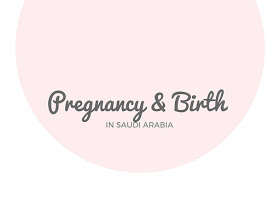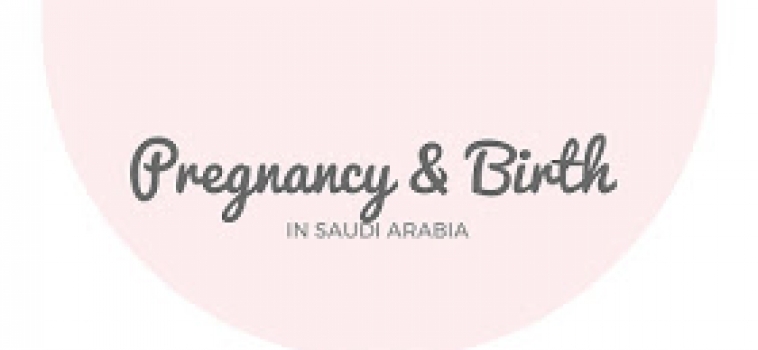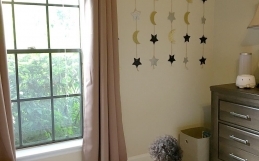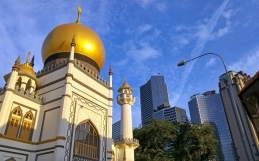If you’re pregnant or planning to have a baby in Saudi you may have to consider the different standards of care and procedures. I would advise that you thoroughly acquaint yourself with the postnatal and birthing proceeders and decide what you want to do because like I said there may be a big difference compared to what you get in the west.

I first want to make it clear that this is quite a general and personal observation and there are no doubt exceptions to my findings. A lot of my findings are based on what I have seen and heard from Jeddah and Makkah and I do not have a detailed understanding of the birthing experience for the whole of Saudi Arabia.
I have spoken to a few women that have given birth here, some have had a good experience due to finding doctors they feel comfortable with and some, if not most have had not so good experiences. I am currently pregnant and me and my husband have found it really difficult to opt to have the baby in Saudi, we have spoken to many expats who have delivered their baby in Saudi and Drs who deal with antenatal check-ups and delivering the baby as well as having read a few articles online and have come to realise that these are the things that are unfortunately common practices in Saudi:
- No birthing partners are allowed, this is especially in regards to when it is time to deliver the baby.
- Patient/mother has very little input as it is very much Dr knows best situation.
- Very little information is given to the patient throughout her labour so they may administer painkillers without informing the patient what it is, or they may make decisions without explaining why.
- Medical intervention is very much common you will most likely be put straight on a UV drip, and administer painkillers and sometimes there are cases in which Caesarian sections have unnecessarily been given, in fact, there has been an 80% increase in Caesarian Sections in the past 10 years in Saudi.
- You are expected to lie on your back on the bed until you have delivered your baby and you are not encouraged to try any other positions.
- You may be put to sleep straight after you have given birth to deliver the placenta.
- The baby is taken straight away from its mother so that the mother “can rest”. No skin to skin no breastfeeding instead they will bottle feed the child so that the mother can sleep.
- In the period that the child is away from its mother they may also vaccinate it with or without the parents consent.
- There is not a great deal of support for the mother after she has delivered.
As you can see it’s a pretty long and scary list. However Alhamdolilah I have discovered through my searching for a half decent doctor a really interesting and relevant blog by Aisha Al-hajjar. She is the founder of Amani programme that promotes Islamic based natural births with little to no medical intervention and provides training for new and existing birth teachers and doulas. You can find these Amani certified doulas and birth teachers on the website and also read of different birth experiences in Saudi on her blog.
Related Posts
Showing 2 comments






Oh my! That is a very daunting list. Can’t quite believe that they take the child away straight after birth- that would make me hysterical. Definitely not a patient-centric place, i’m quite surprised,
Hejaab B recently posted…Assisted Marriage: Search for a Suitable Boy Part I
Thank you for sharing your findings, including AMANI Birth. You might be interested to read my recent article on Midwifery Today. https://www.midwiferytoday.com/international/SaudiArabia.asp related to upcoming visions for midwifery-led care in Saudi Arabia. Saudi has all of the issues you noted in many places, yet has just as many places not like those you listed. It is truly hit or miss and requires good birth consumerism to find the right doctor and birth place. AMANI Birth Teachers and Doulas found on the AMANI Birth site are a good place to start in finding a supportive birth place (some cities are much better than others). I appreciate your observations and pray that you find ease in your own birth journey. Much love. -Aisha Al Hajjar